National target program capital
In 2024, 17 households in Dak Ru commune, Dak R'lap district (Dak Nong) will receive capital support from the National Target Program on New Rural Development to apply sprinkler irrigation technology to durian gardens.
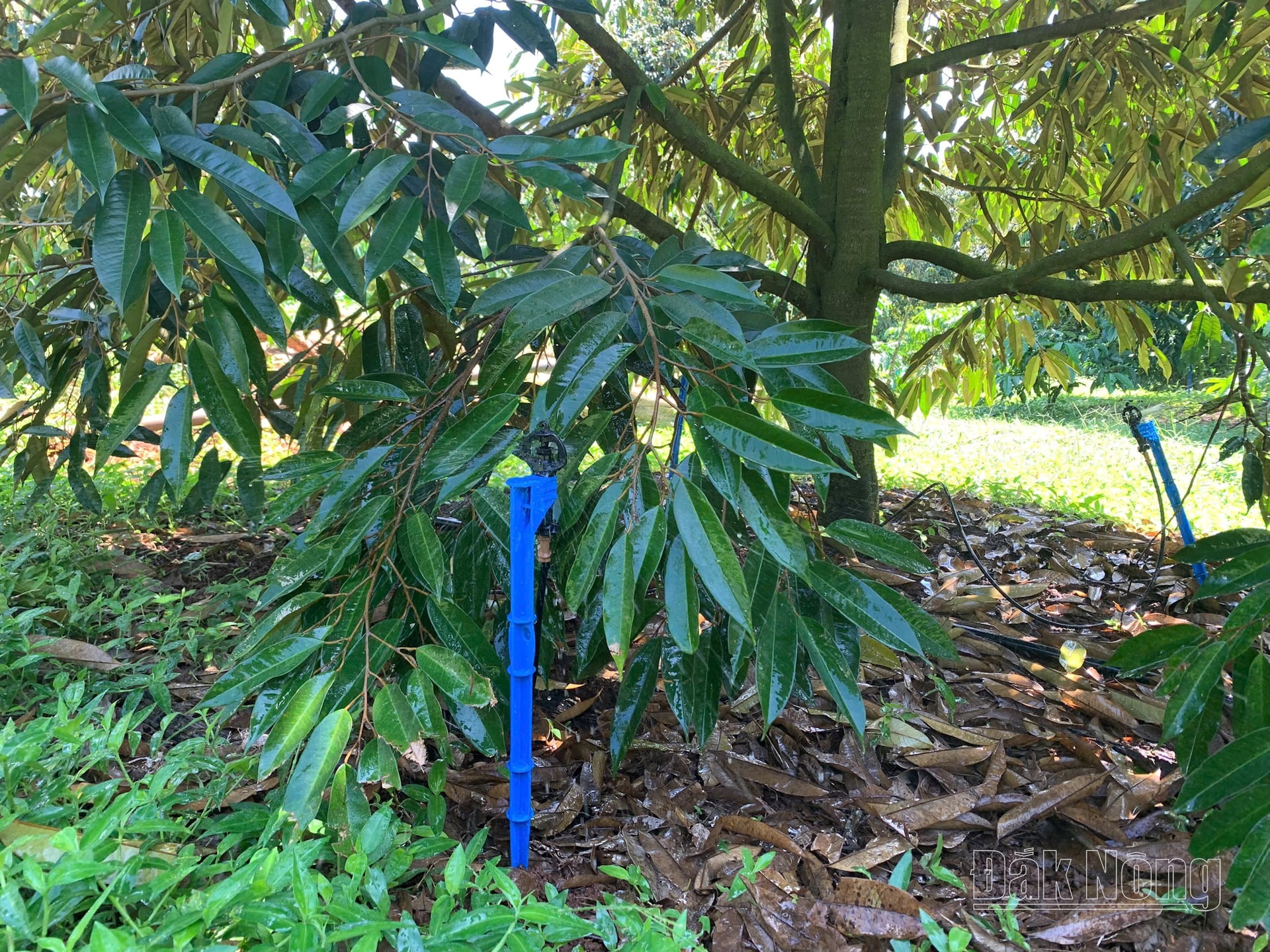
Mr. Dinh Quoc Cu, Tan Loi village, Dak Ru commune, has 1 hectare of durian that is being harvested and is a beneficiary of this program. Mr. Cu said that in recent years, drought and water shortages have become increasingly severe.
Mr. Cu affirmed that durian is a crop that does not require as much water as coffee, but it also needs enough and regular water. The dry season coincides with the period when the tree flowers and bears young fruit. If there is a lack of water and unbalanced nutrition, it will be difficult to bear fruit and the young fruit will easily fall off.
Therefore, investing in a sprinkler irrigation system has a great effect on families in using water economically and effectively.
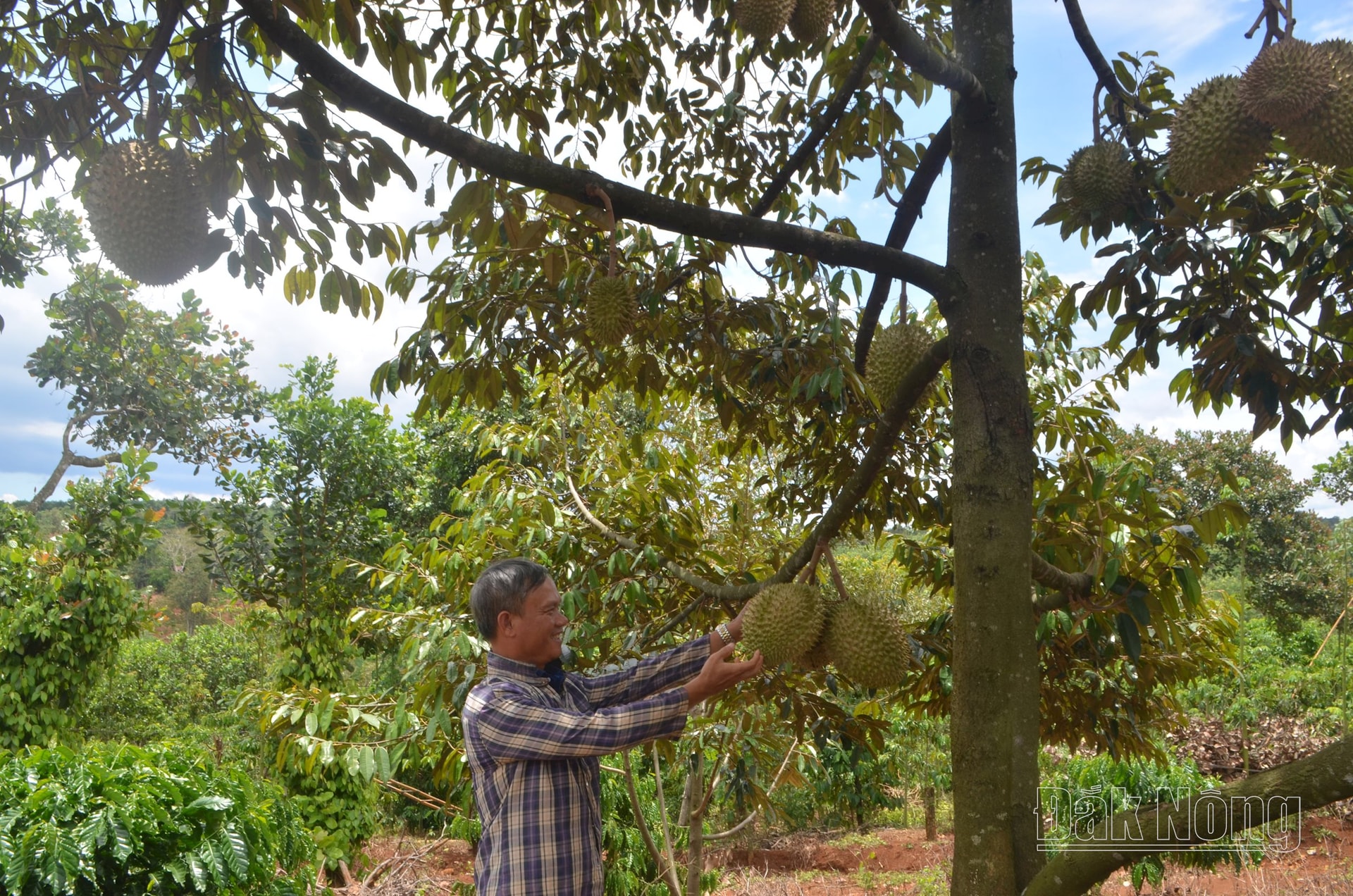
According to the leader of Dak Ru Commune People's Committee, in recent years the commune's durian area has increased significantly, currently reaching over 500 hectares, of which about 200 hectares are for business. The increase in durian in the context of drought requires technical solutions to help develop safely.
When applying irrigation technology, it will save 20-30% of the amount of irrigation water compared to traditional methods, reduce labor costs by 70-80%, improve the efficiency of fertilizer use, reduce production costs and increase income for people.
After completion, the project contributed to raising people's awareness of applying high technology in agricultural production to adapt to climate change.
Policy capital
According to the Provincial Branch of the Vietnam Bank for Social Policies (VBSP), during the dry season of 2024, the Provincial Board of Directors of the VBSP will distribute capital to its affiliated units to disburse loans to households to overcome the consequences of drought.
About 4,000 households in the province have borrowed nearly 200 billion VND. All of this money has been used by the people for production purposes such as drilling wells, purchasing machinery, and dredging ponds and lakes.
This activity of the Provincial Branch of the Vietnam Bank for Social Policies has helped many disadvantaged households have the opportunity to proactively adapt to drought.
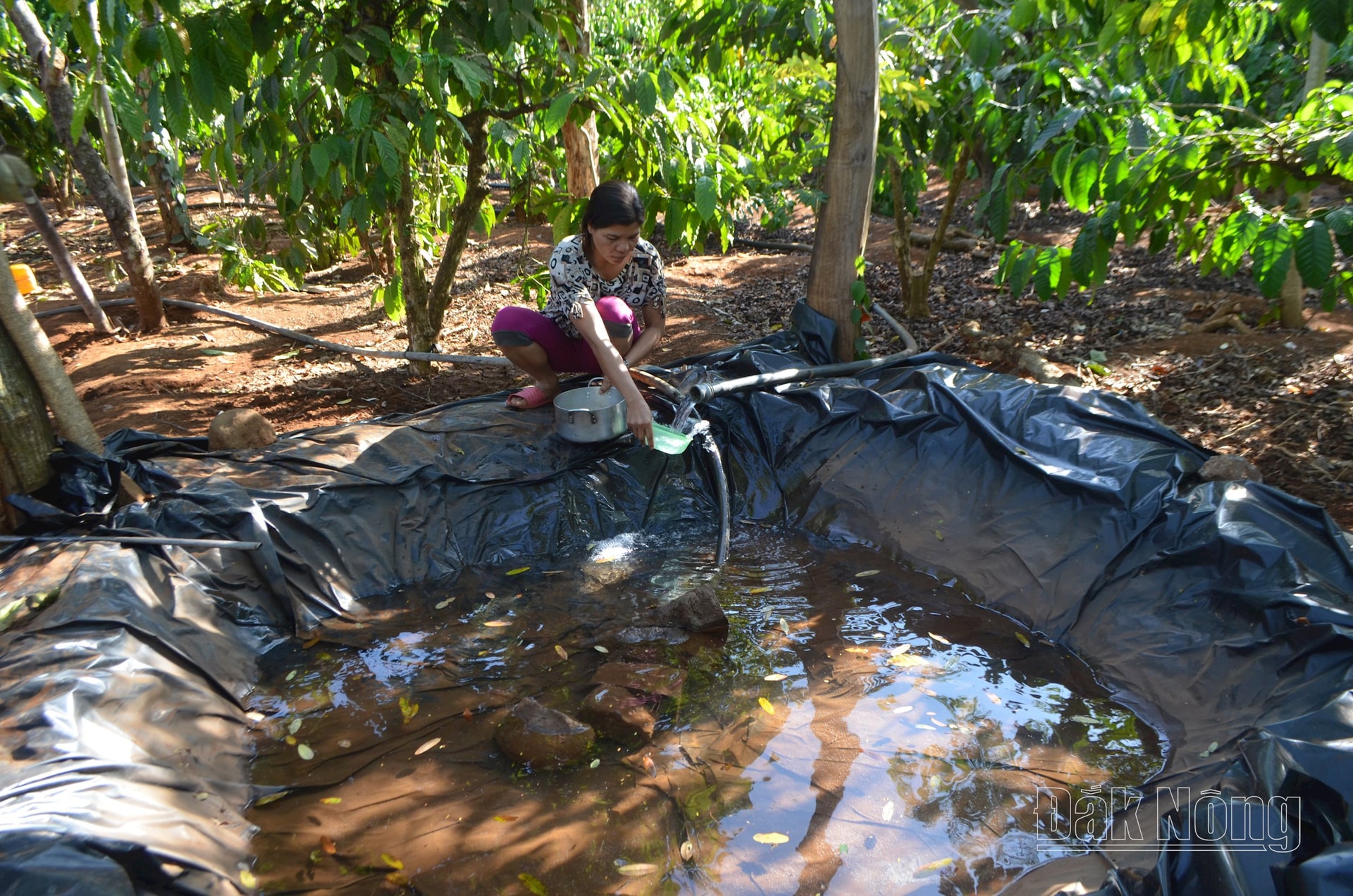
Ms. H Bund's family, Buor village, Tam Thang commune, Cu Jut district (Dak Nong) has more than 5 hectares of coffee intercropped with durian. In the drought of 2024, her family's 3 sao of coffee had a serious decrease in productivity due to lack of irrigation water.
The remaining crop area was also severely affected. In that context, her family was able to borrow 80 million VND from the district's Social Policy Bank. With the capital, she bought more irrigation pipes and machinery to meet the water needs of her crops.
Business and project capital
According to Mr. Nguyen Van Chay, Deputy Director of Dak Nong Irrigation Works Exploitation Company Limited, in recent years, the company has always ensured the budget for drought prevention.
In particular, the company always focuses on investing in items and projects such as maintenance, repair, and replacement of equipment; repair of damaged items; transportation of pumps; raw materials, fuels, and equipment for drought-resistant pumping.
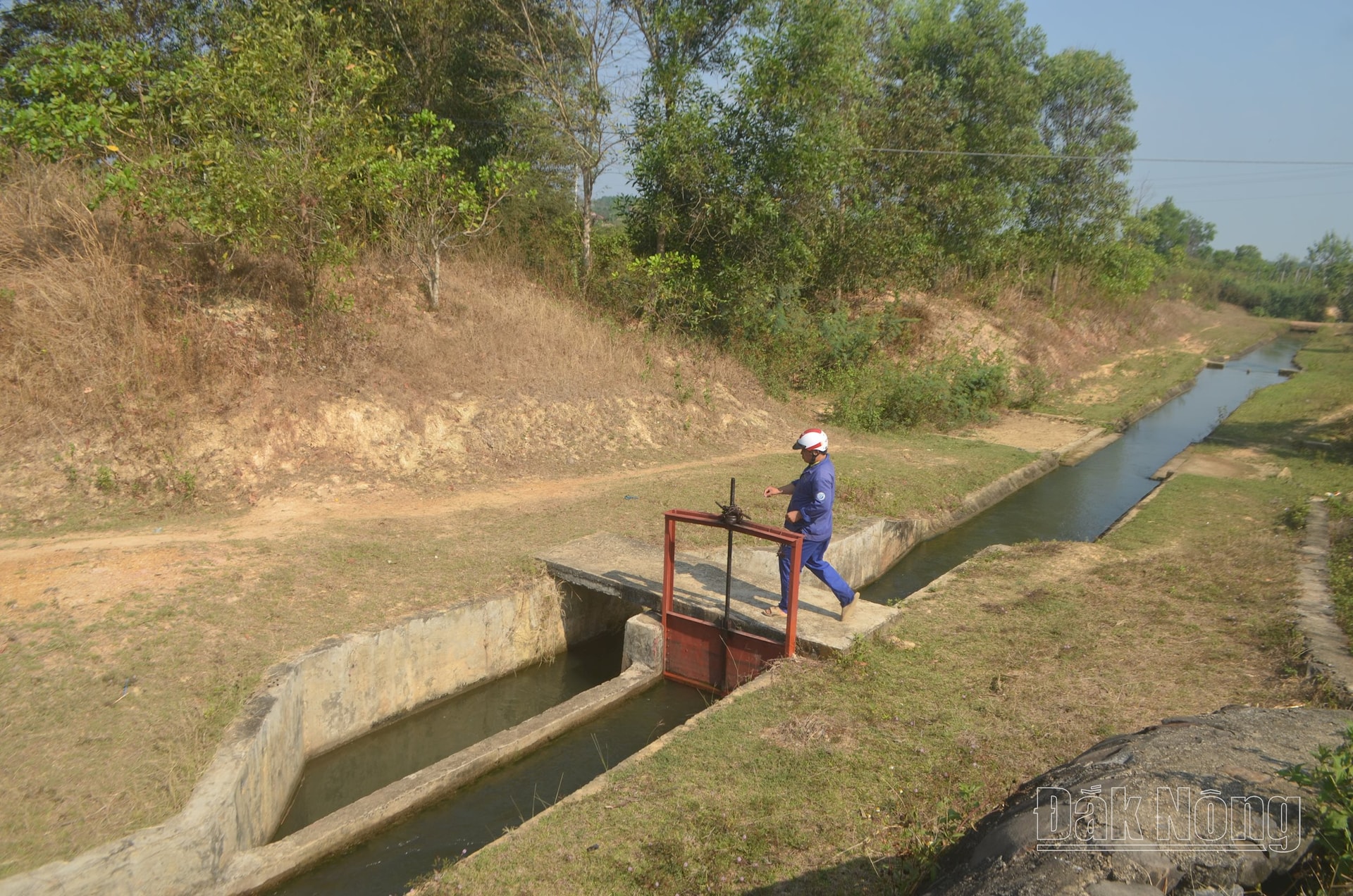
Workers from branches in districts and cities dredge irrigation canals, sluice gates, pumping station suction tanks, and raise spillway thresholds with weirs and dams.
To prevent drought and water shortage at centralized water supply works, branches repair damaged machinery and pipes, purchase materials and equipment for technical treatment, and reduce losses to works.
In the dry season of 2025 alone, the total estimated budget for drought and water shortage prevention and control is about 1.7 billion VND, of which the majority of the budget is balanced from the company's revenue.
Capitalize on projects
According to the leader of the Department of Agriculture and Environment, in recent years, drought prevention and control has been integrated by the province, taking advantage of capital from projects.
Specifically, the Project to enhance the resilience of small-scale agriculture to water security due to climate change in the Central Highlands and South Central Coast (SACCR) in Dak Nong province.
Accordingly, phase 1 of the project from 2023 - 2024 has supported the construction of 89 water reservoirs to irrigate about 96 hectares of crops of people in 3 districts of Krong No, Dak Mil, and Cu Jut.
It is expected that by 2025, the project will support people to build about 141 more water reservoirs to irrigate 149 hectares of crops.
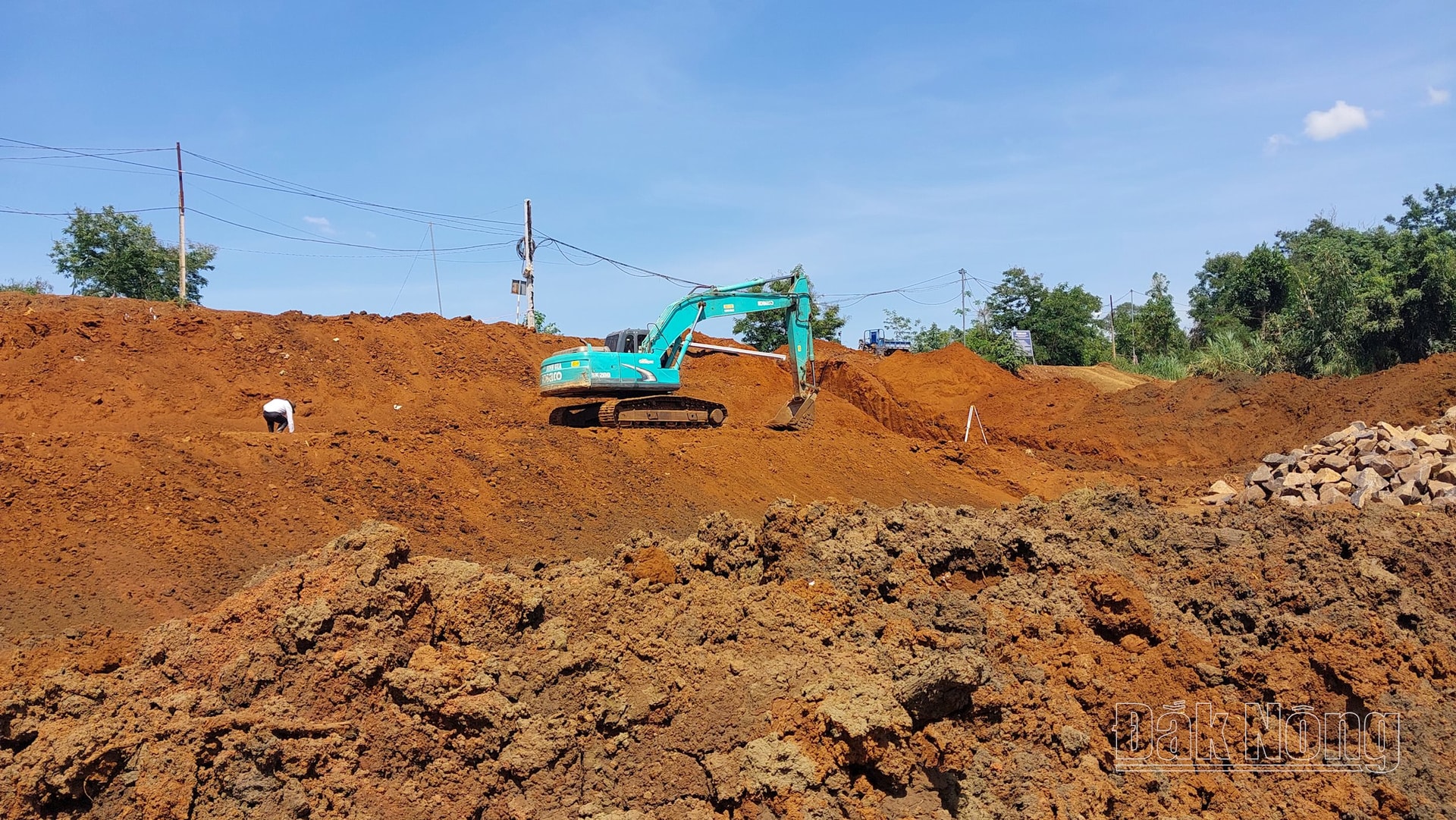
In Dak Mil district, the province's key coffee growing area, to better overcome the drought that frequently occurs in Dak Lao commune.
The Provincial People's Committee has implemented a project to improve the efficiency of water use from irrigation works in Dak Mil district. Accordingly, the province will build new, upgrade and repair the reservoir system and pumping stations in this locality.
This is a project funded by the Asian Development Bank (ADB). Currently, related units, investors, and construction units are carrying out construction in areas such as Doi 35 Lake and Doi 40 Lake.
The project is expected to be completed in December 2025. When completed, it will help limit drought for about 500 hectares of key industrial crops for local people.
Over the past years, the People's Committee of Dak Nong province has always paid attention to and prioritized activities to prevent and adapt to drought and water shortages to ensure people's daily life and production.
The province maximizes capital resources from programs, projects, investment from businesses, and people's initiative to better adapt to climate change.
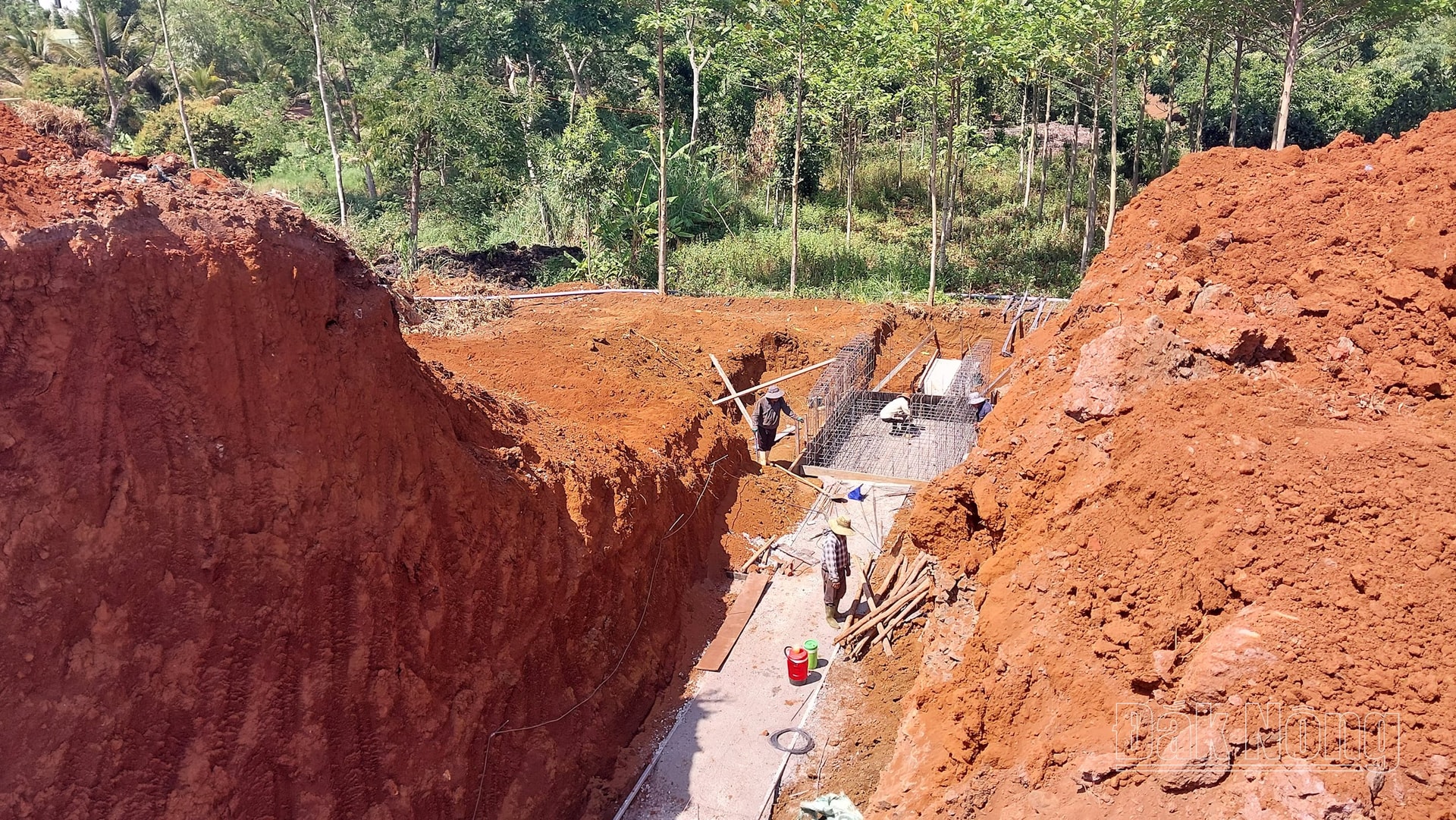
Along with construction measures, functional sectors and localities have deployed many models of green and ecological agricultural economy, circular agriculture, and emission reduction.
People have also proactively implemented many solutions to adapt to drought such as investing in advanced and economical irrigation.
However, the reality is that although the province has mobilized quite well capital resources to adapt to drought, it has not yet met practical requirements. The province still needs greater cooperation from all levels, sectors, organizations, businesses, and people to effectively prevent and combat drought.
Source: https://baodaknong.vn/dak-nong-da-dang-nguon-tien-cho-chong-han-249093.html




![[Photo] General Secretary To Lam chairs the third meeting to review the implementation of Resolution No. 18-NQ/TW](https://vstatic.vietnam.vn/vietnam/resource/IMAGE/2025/4/14/10f646e55e8e4f3b8c9ae2e35705481d)
![[Photo] Opening of the 44th session of the National Assembly Standing Committee](https://vstatic.vietnam.vn/vietnam/resource/IMAGE/2025/4/14/03a1687d4f584352a4b7aa6aa0f73792)
![[Photo] Children's smiles - hope after the earthquake disaster in Myanmar](https://vstatic.vietnam.vn/vietnam/resource/IMAGE/2025/4/14/9fc59328310d43839c4d369d08421cf3)
![[Photo] Touching images recreated at the program "Resources for Victory"](https://vstatic.vietnam.vn/vietnam/resource/IMAGE/2025/4/14/99863147ad274f01a9b208519ebc0dd2)
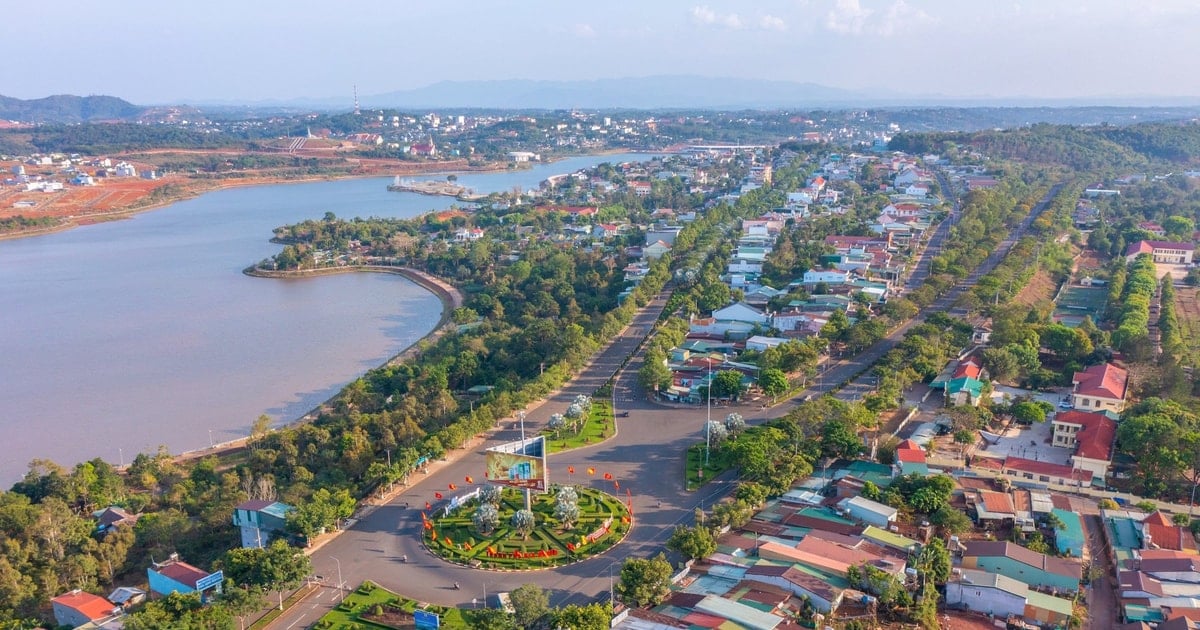

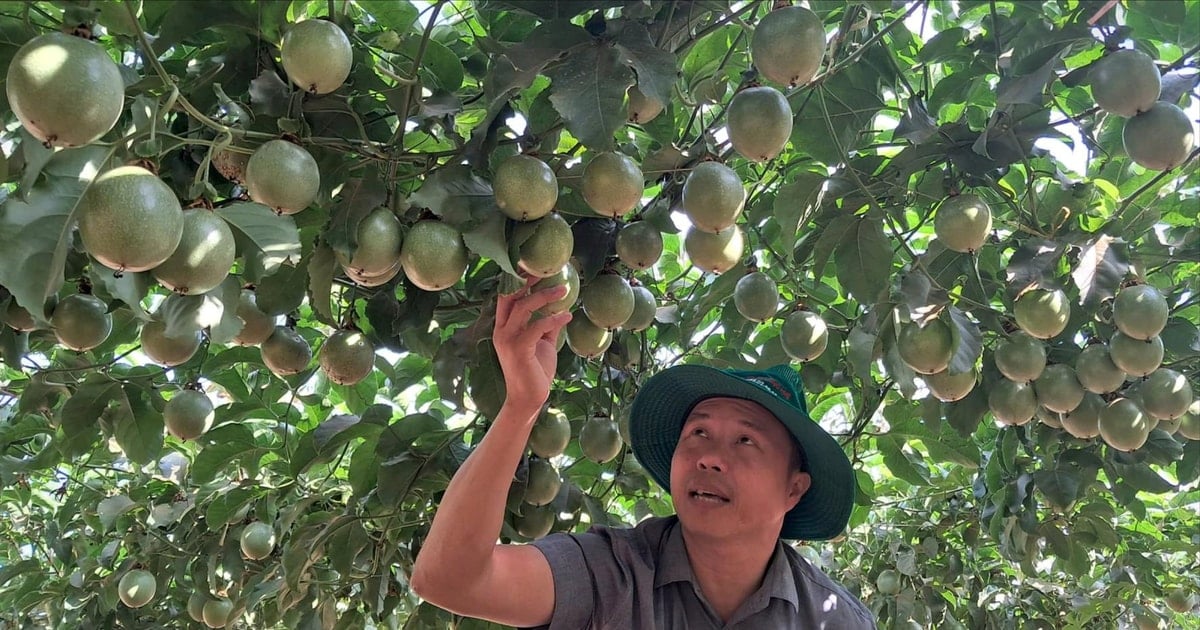
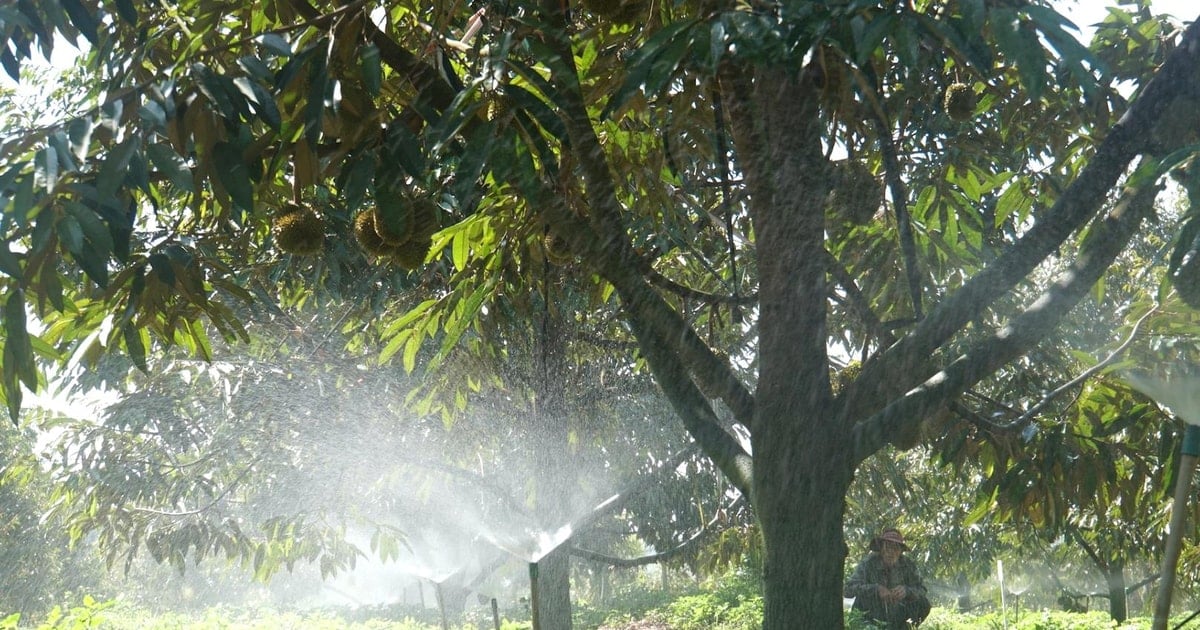
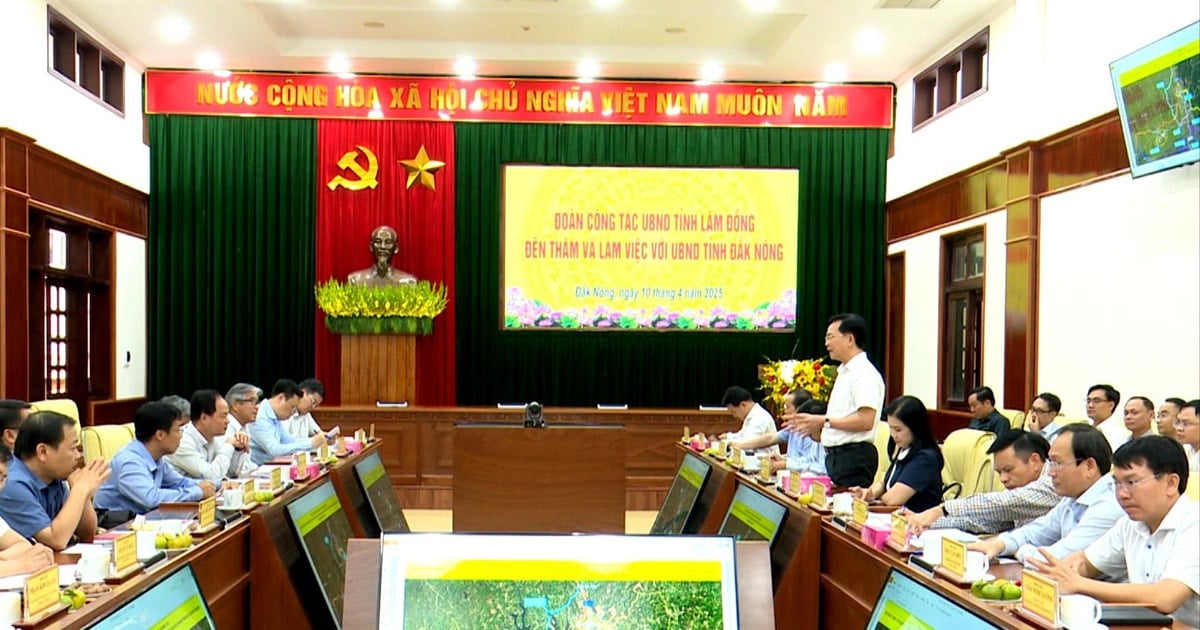
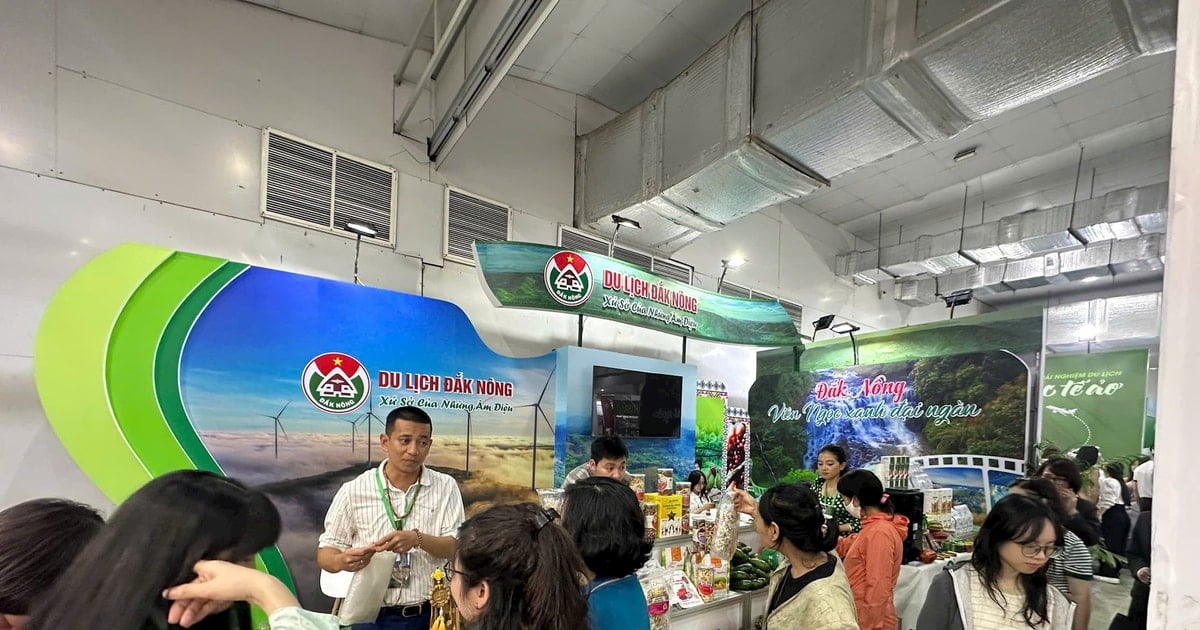
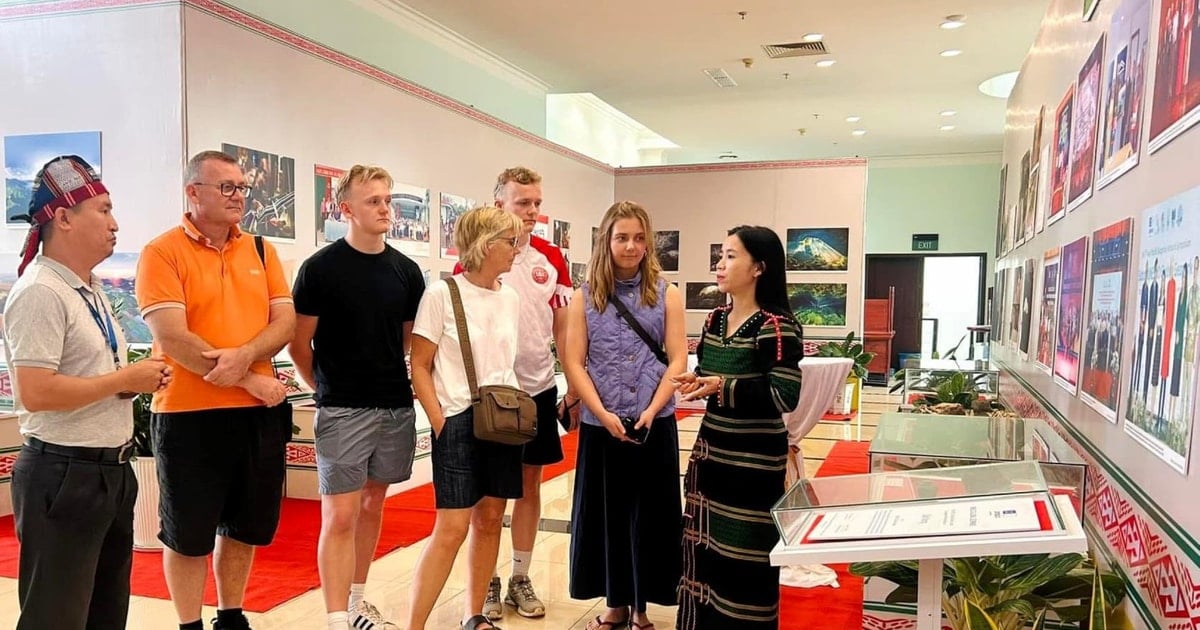
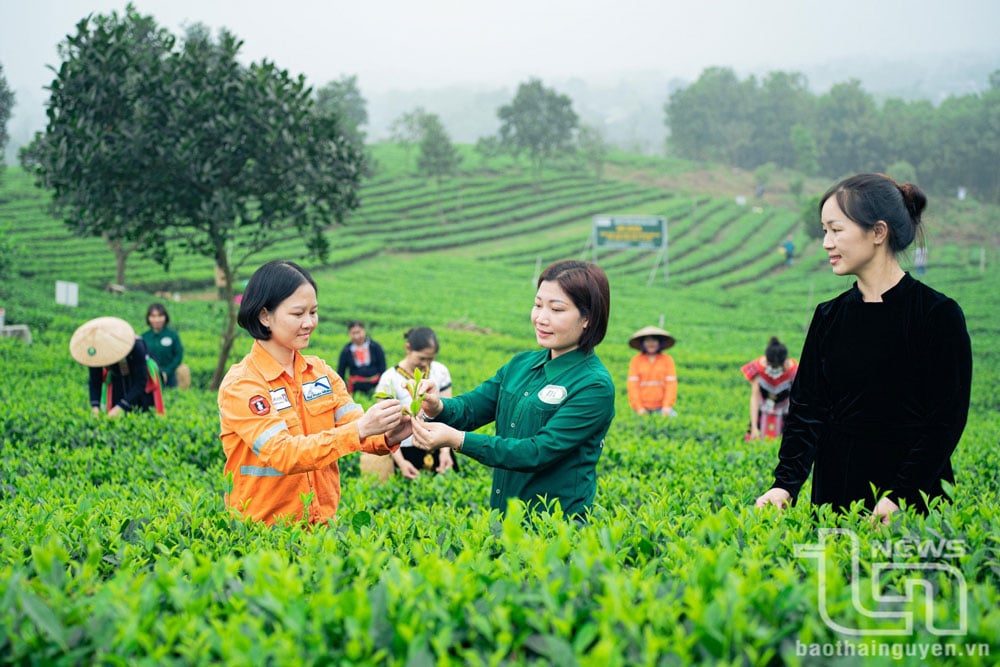
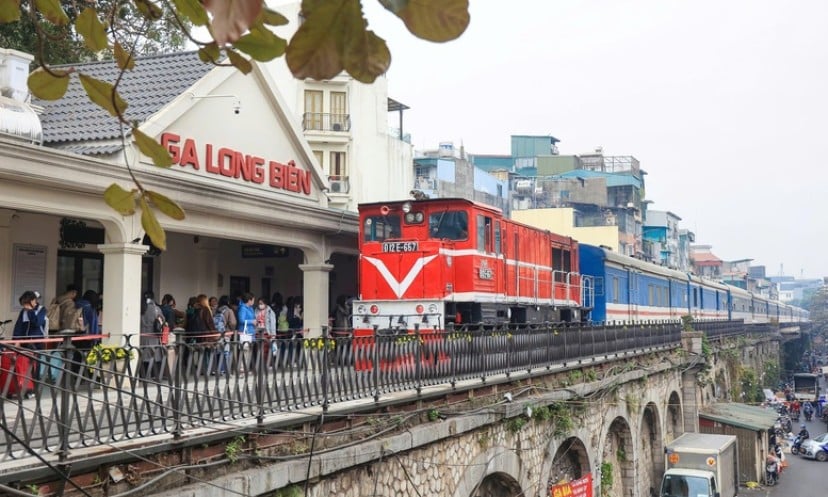
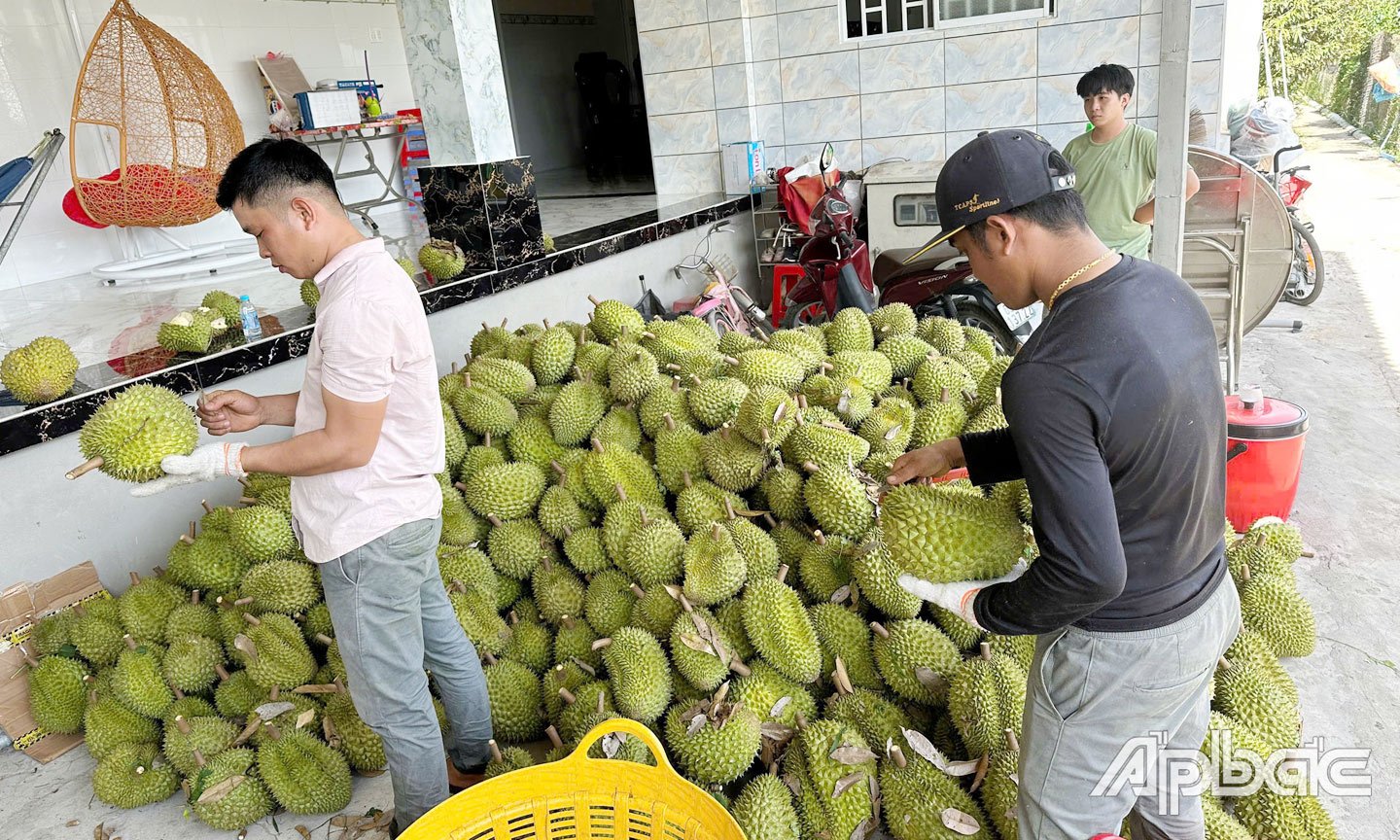
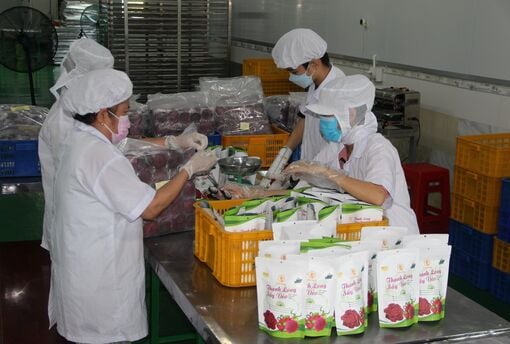
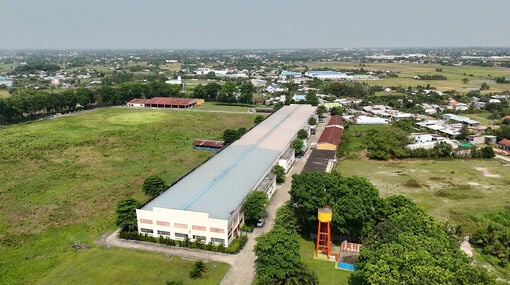
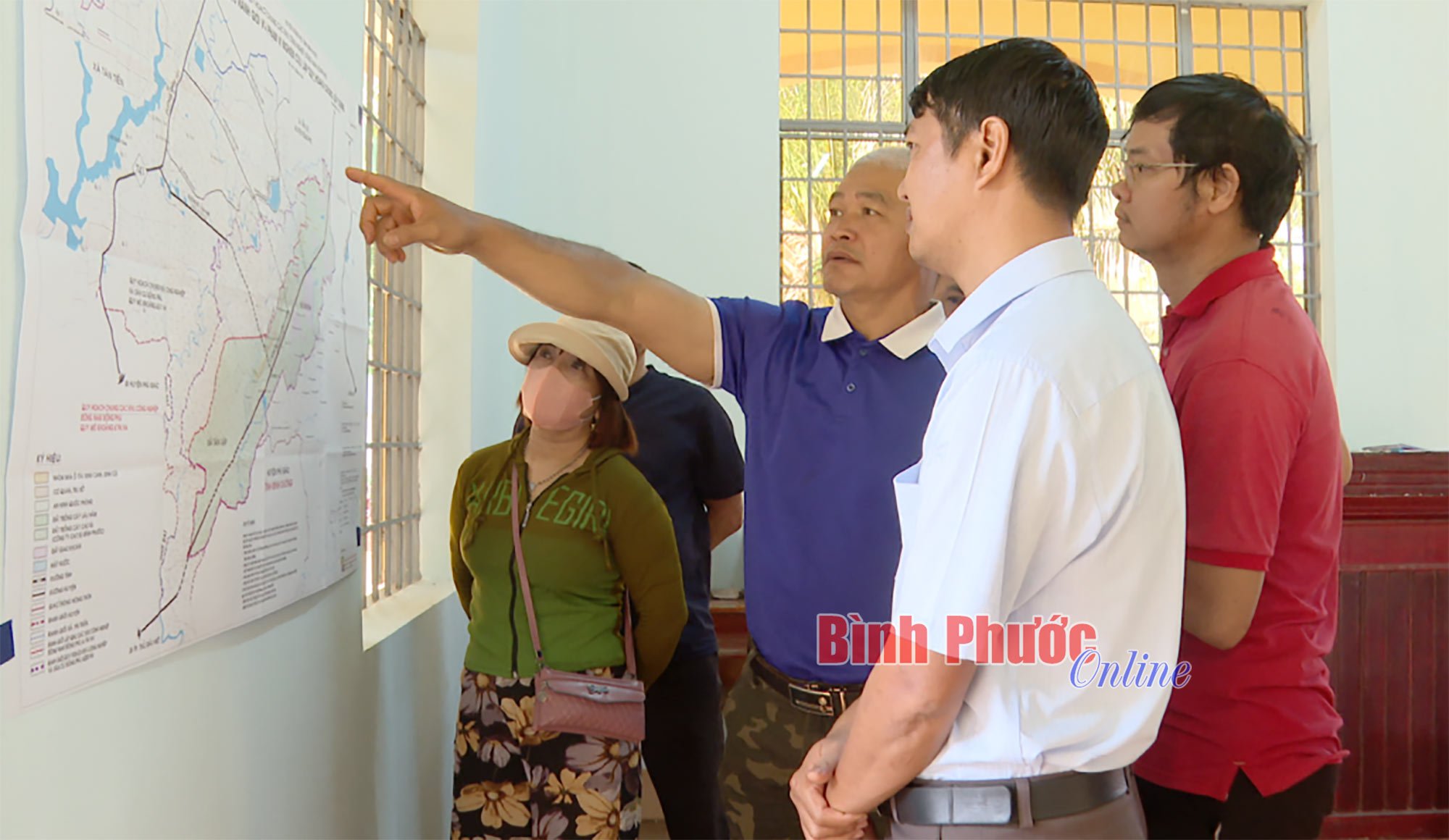




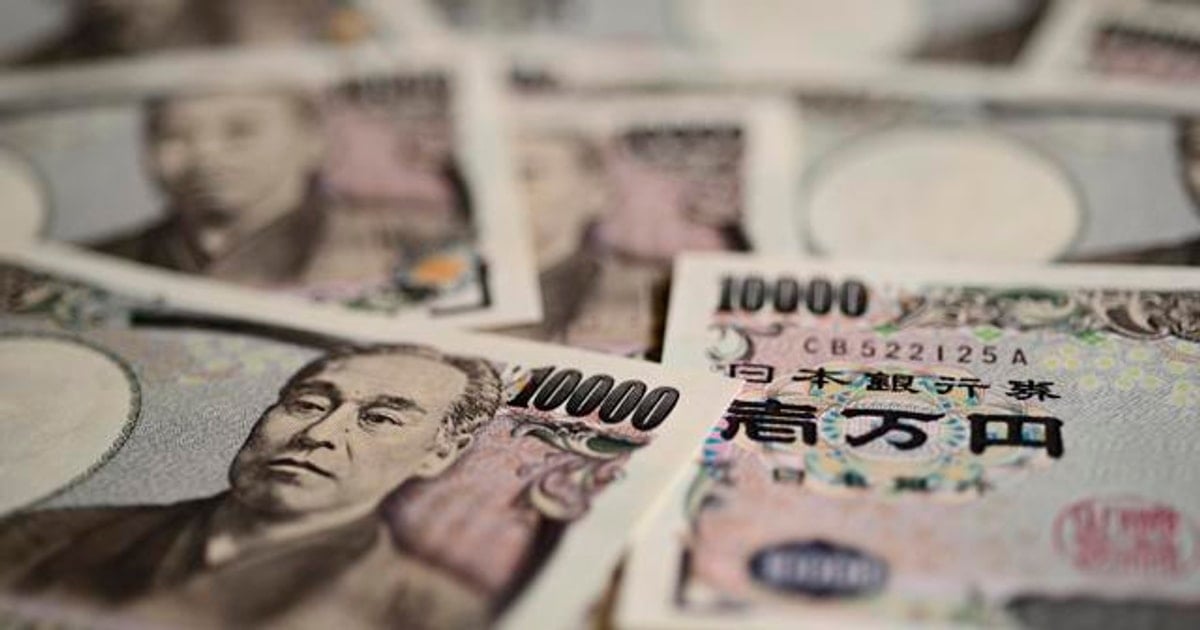
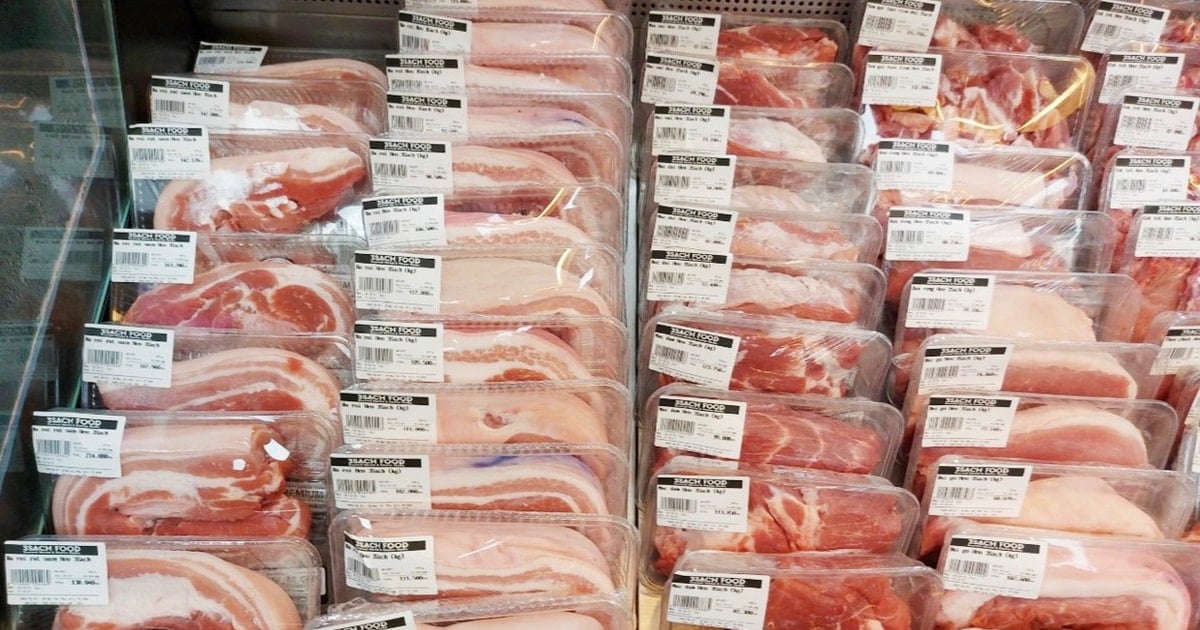


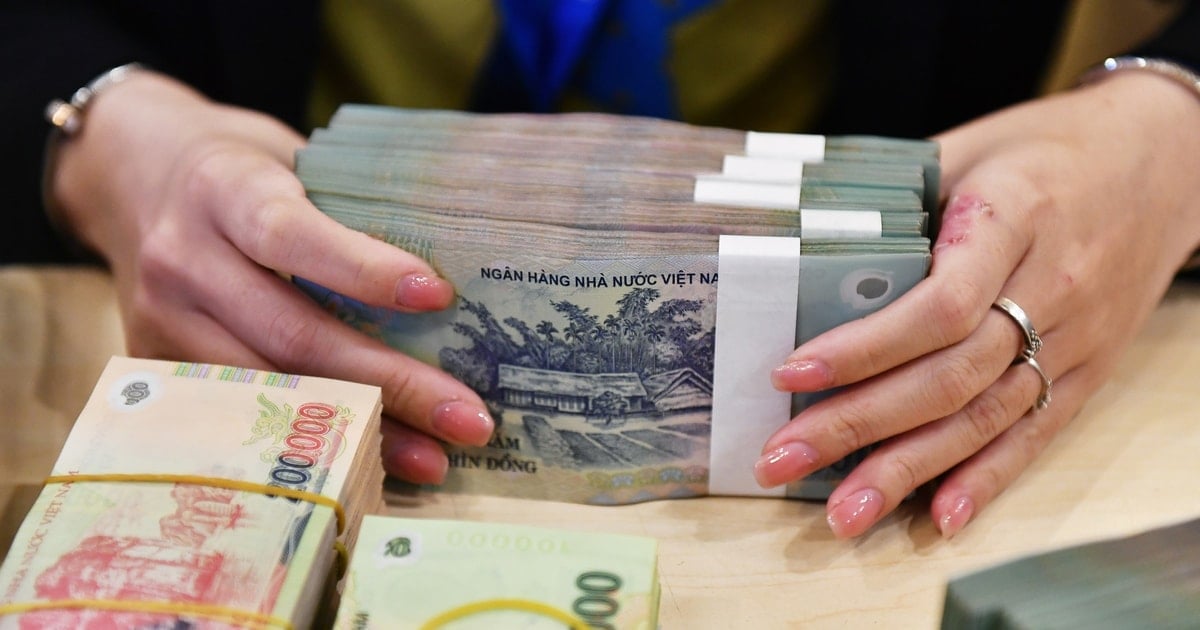
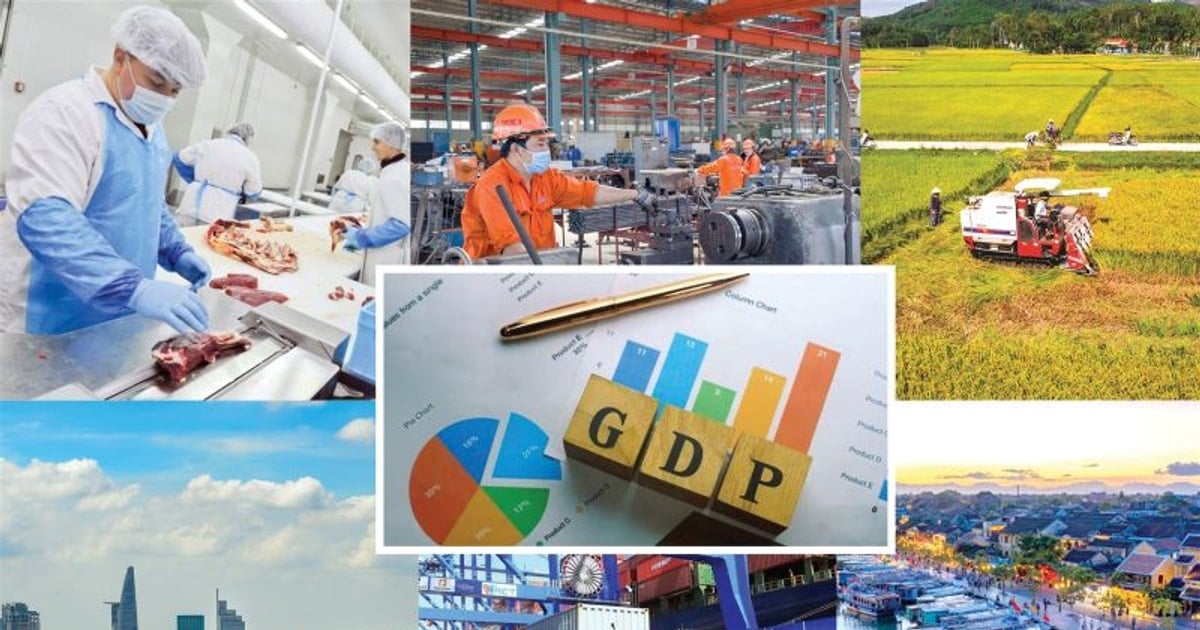












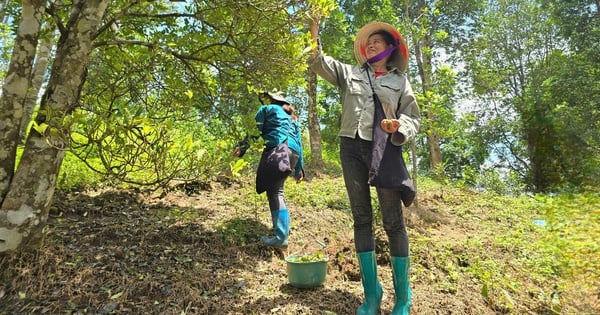



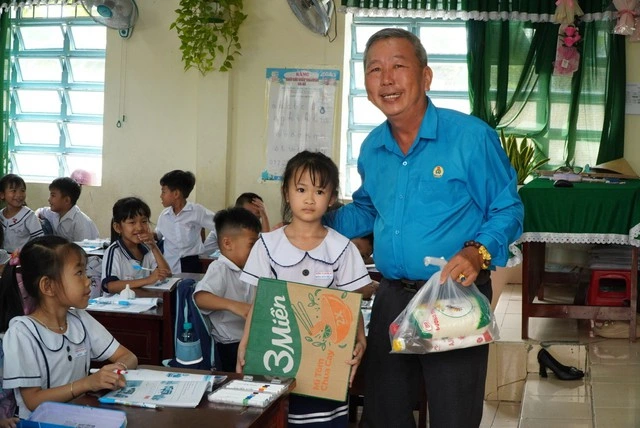




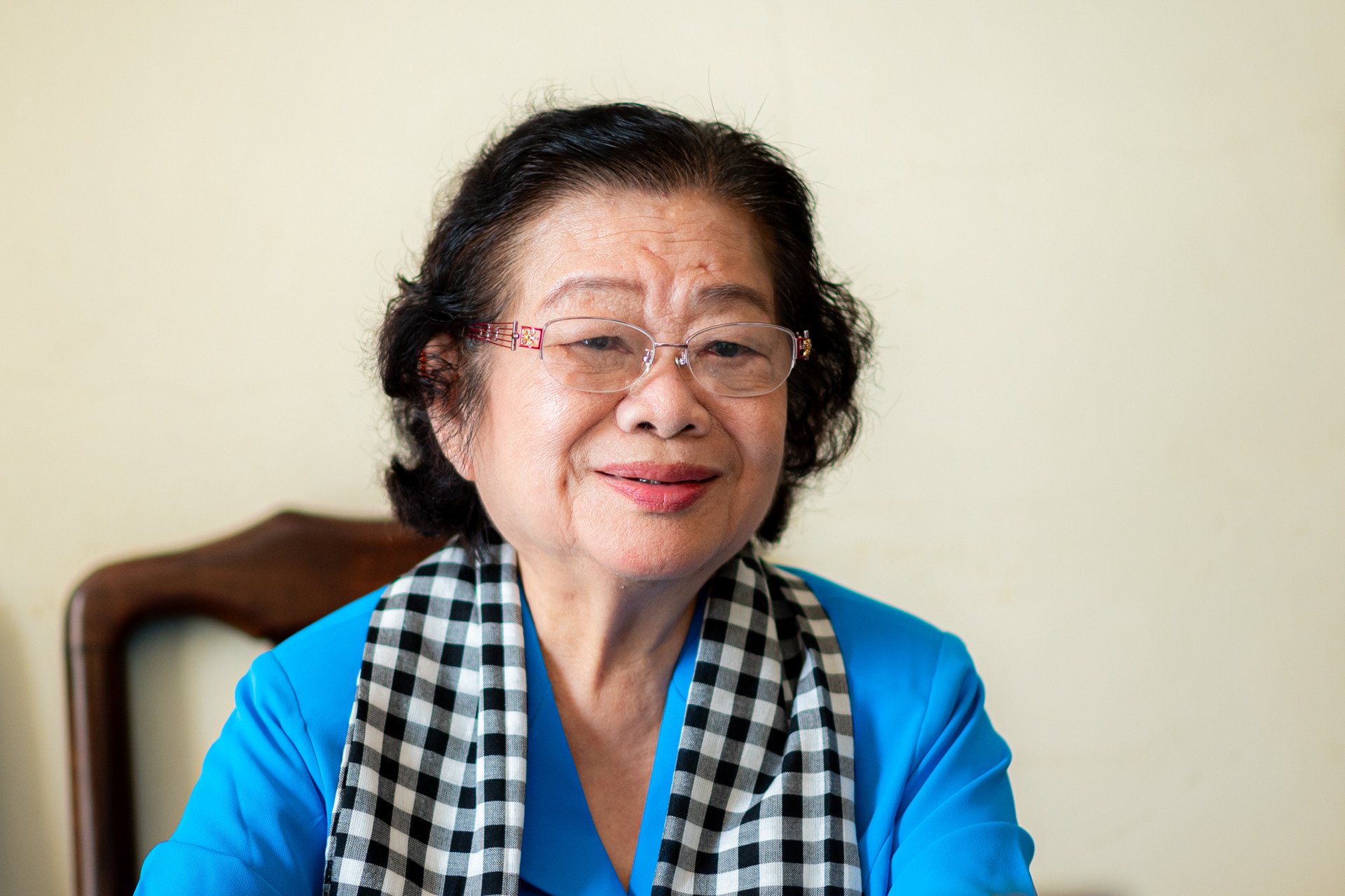










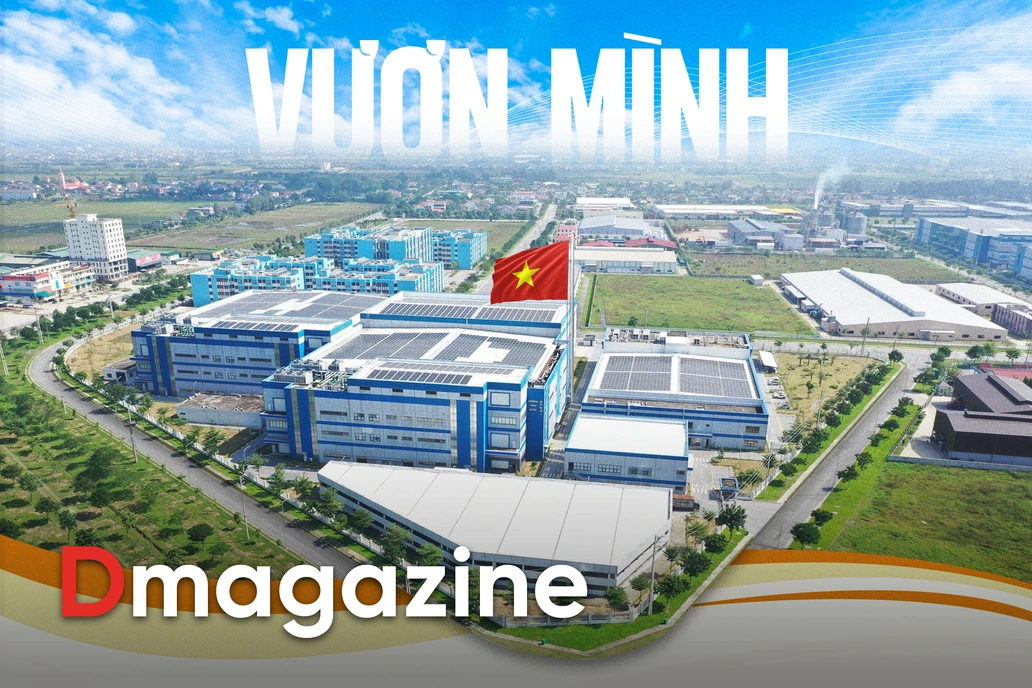
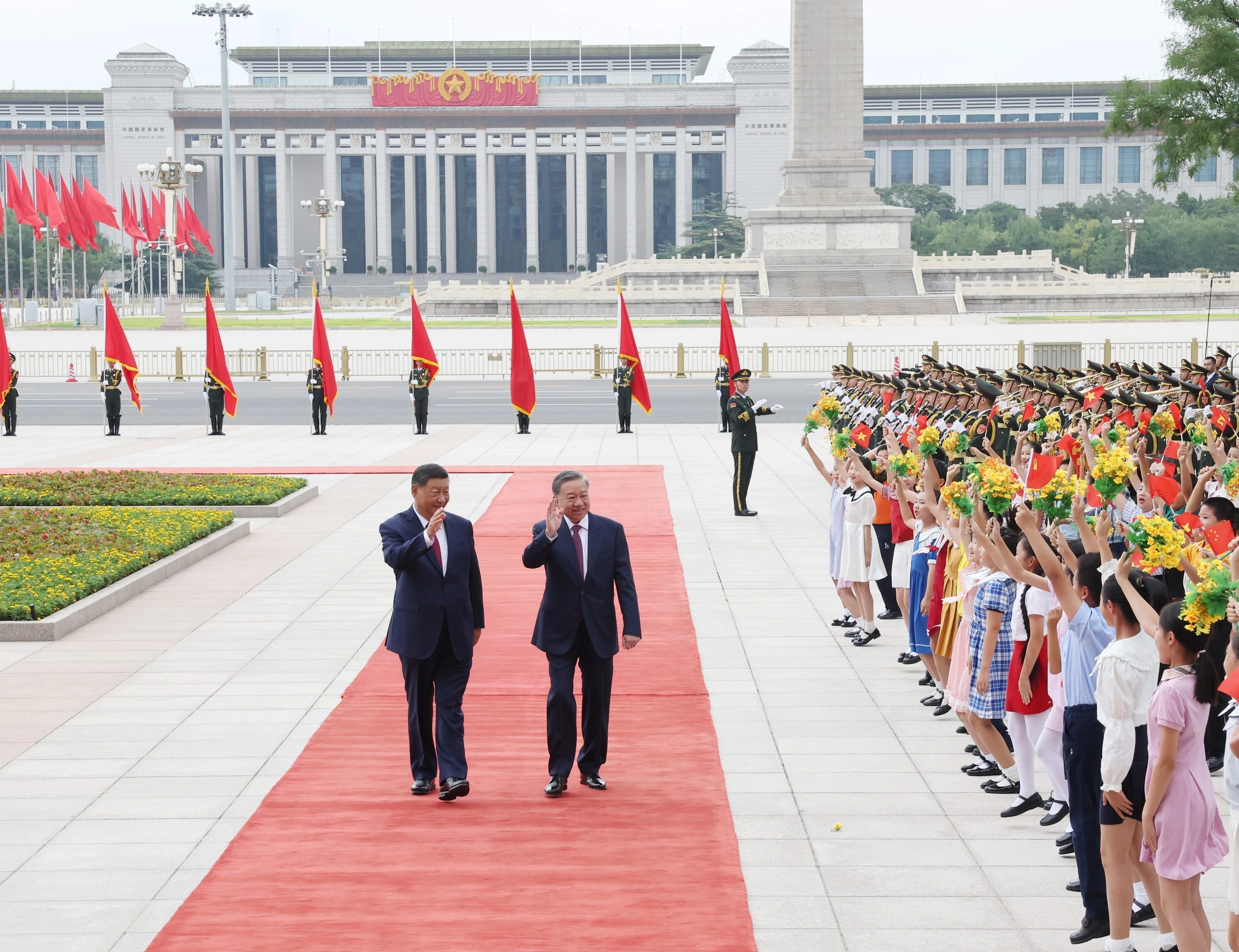




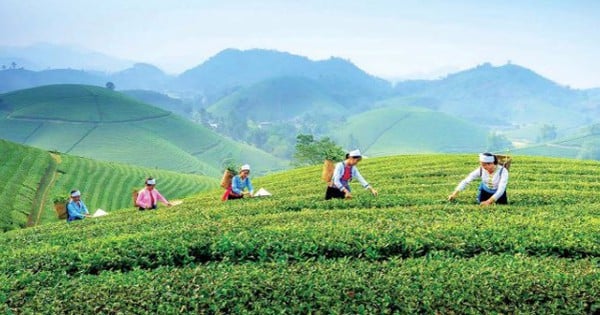



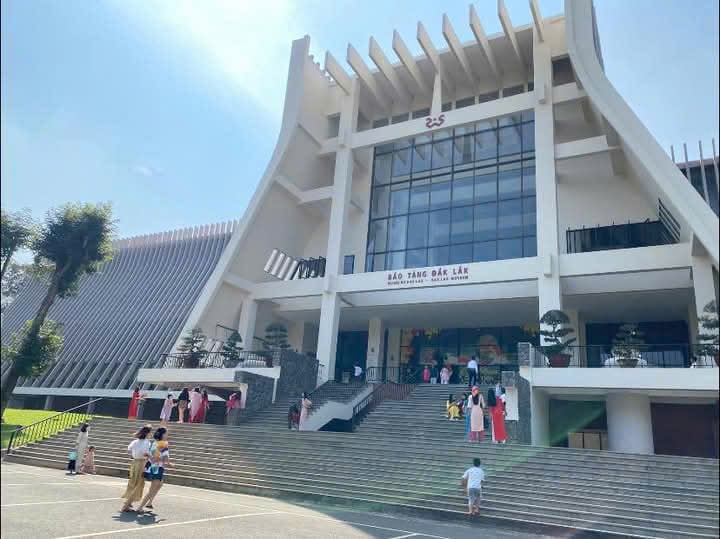
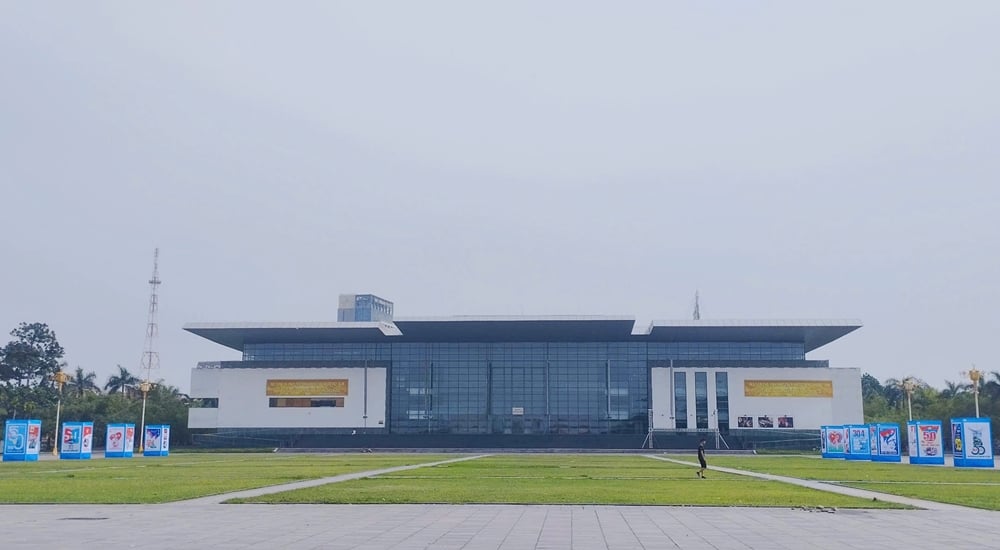
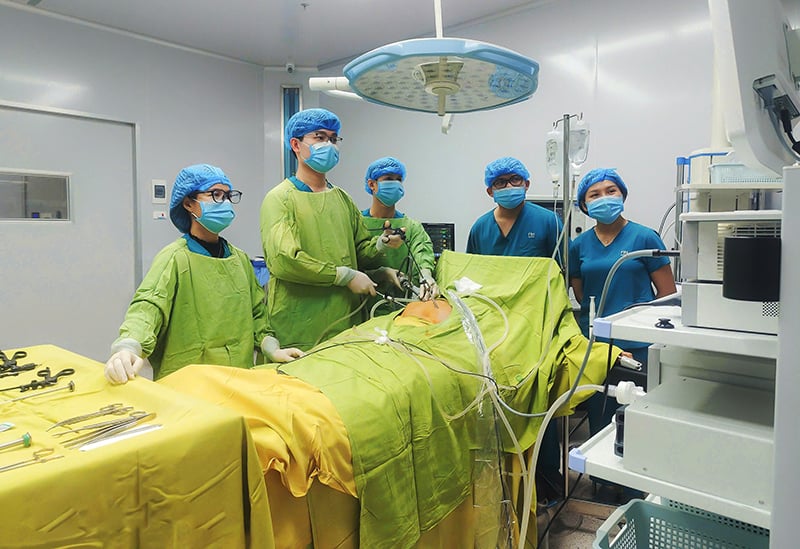
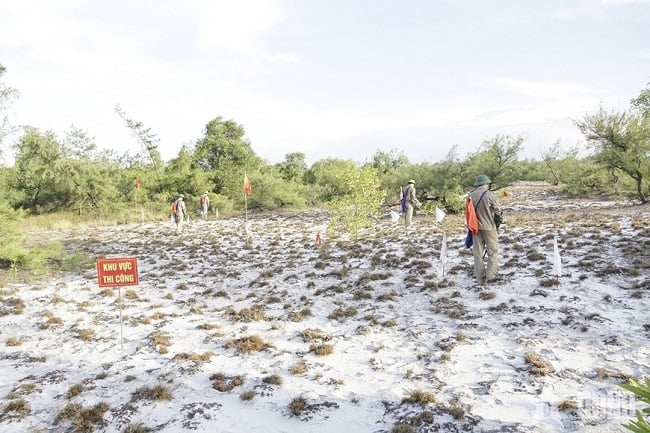
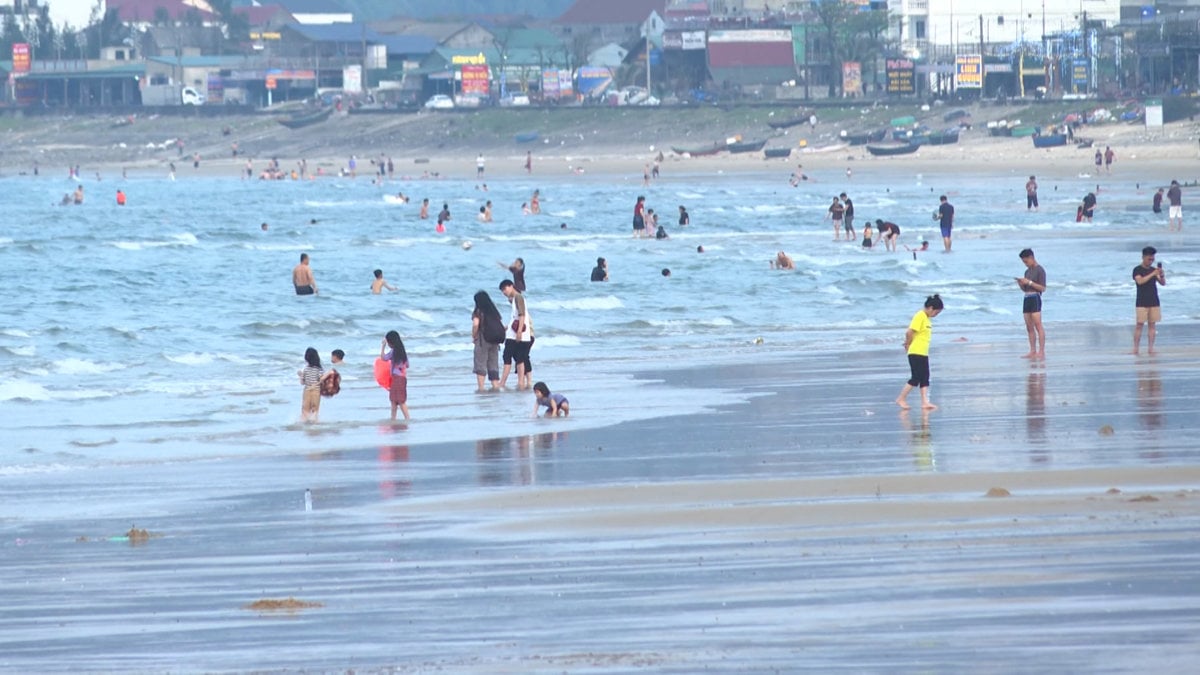











Comment (0)